The cloned monkey is still alive and well.
The study was published in the journal Nature Communications on Tuesday. According to the study, the newly cloned monkey, named Retro, is a Rhesus monkey. Falong Lu, one of the study's authors, said the monkey is currently healthy and thriving.
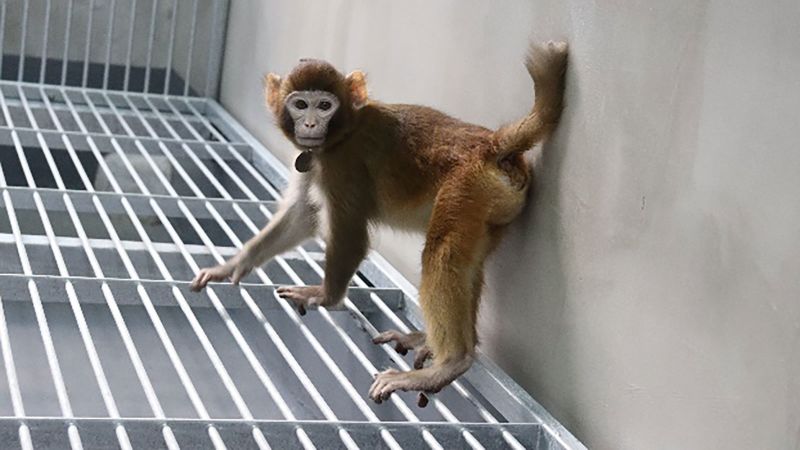
The cloned Rhesus monkey, named Retro, is living a healthy life. Photo: Nature Communications
"We have successfully cloned the first healthy Rhesus monkey. This is a huge breakthrough, one that seemed impossible, although the efficiency is very low compared to conventionally fertilized embryos," said Falong Lu, an expert at the State Key Laboratory of Molecular Developmental Biology and the Institute of Genetics and Developmental Biology at the Chinese Academy of Sciences .
Primates are among the most difficult species to clone. For many years, scientists have failed to replace cloned cells with cells from normal embryos. They hope to apply new techniques to create identical Rhesus monkeys for medical research.
However, many researchers warn that the success rate of the new method remains very low, and it raises ethical questions surrounding cloning.
The first cloned mammal was Dolly the sheep, created in 1996 using a somatic cell nuclear transfer technique, or SCNT.
Since that achievement, scientists have cloned many mammal species, including pigs, cows, horses, and dogs. This process typically involves implanting only a very small percentage of embryos into surrogate animals to produce viable offspring.
What is this new cloning method?
In their study, the research team used a modified version of the SCNT method on Cynomolgus monkeys (Macaca fascicularis) and further improved this technique to clone Rhesus monkeys (Macaca mulatta).
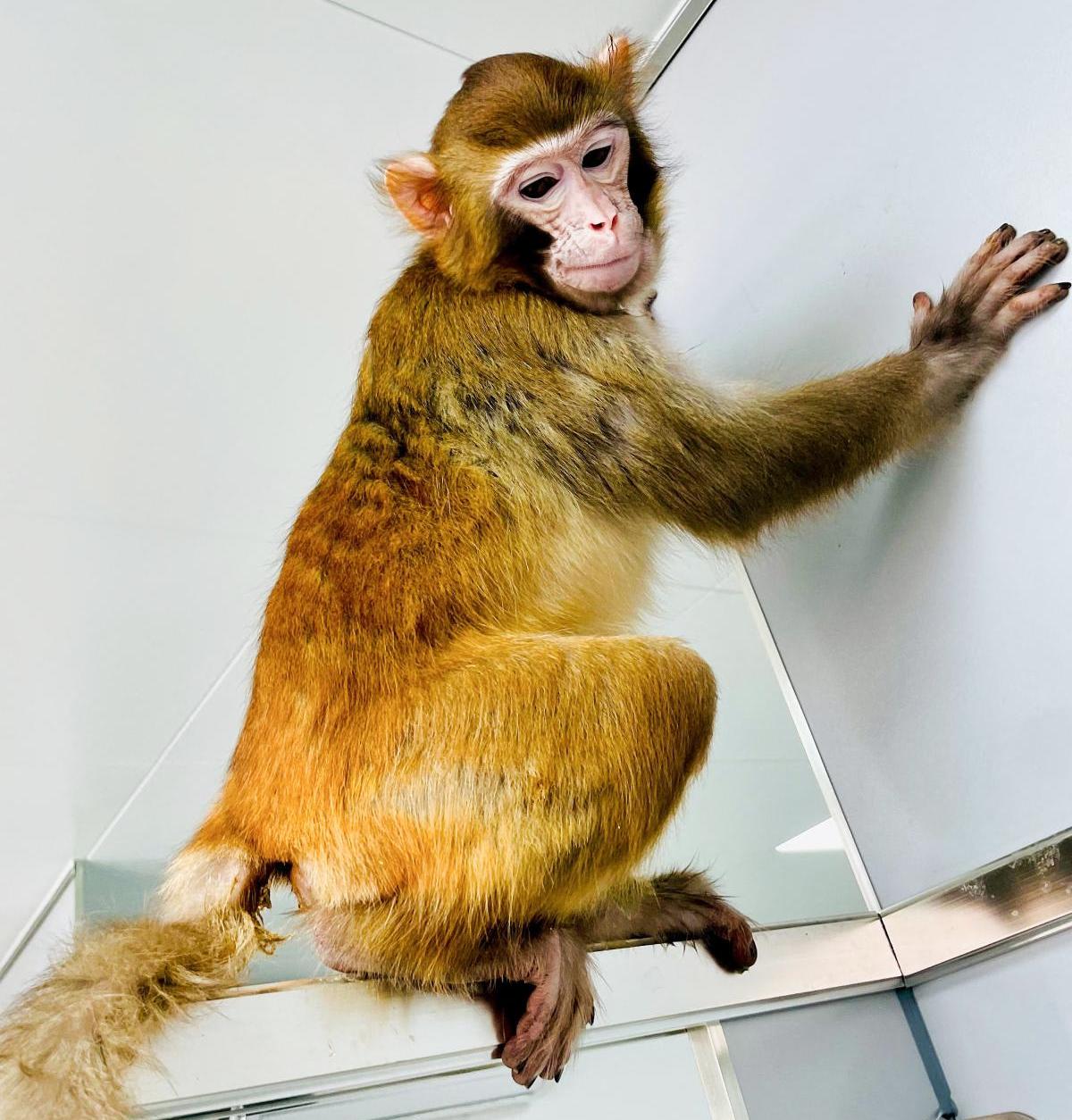
The cloned monkey Retro at 17 months old. Photo: Nature Communications
After hundreds of failures, they developed a process called intracellular block transplantation, which involves introducing cloned intracellular cells into a non-cloned embryo.
This allowed the clones to develop normally. The research team then tested the new technique using 113 reconstructed embryos, 11 of which were implanted into 7 surrogate animals. The result was that only one survived.
"Our main focus for the future is research aimed at improving the success rate of SCNT techniques in primates," said Falong Lu.
In fact, the first cloned monkey wasn't Retro, but a pair of identical long-tailed monkeys (also known as crab-eating monkeys) named Zhong Zhong and Hua Hua. These monkeys were created using SCNT technology in 2018 by researchers at the Institute of Neuroscience of the Chinese Academy of Sciences in Shanghai.
Currently, Trung Trung and Hoa Hoa are over 6 years old and are living happily and healthily with other monkeys of the same species. Mr. Lu said that so far, researchers have not been able to determine any potential limits on the lifespan of cloned monkeys.
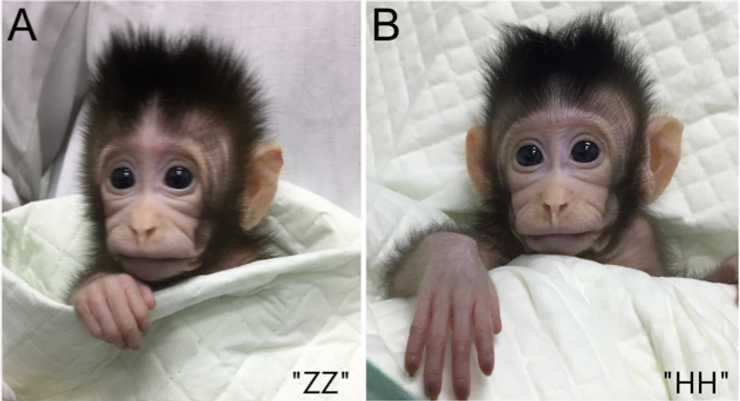
Identical cloned long-tailed monkeys Zhong Zhong (ZZ) and Hua Hua (HH). Photo: Liu et al Cell
Ethical debate
The use of monkeys in scientific research has sparked considerable ethical debate regarding animal welfare. Scientist Lluis Montoliu at the Spanish National Center for Biotechnology, who was not involved in the study, points out that only 1 in 113 initial embryos survived, meaning a success rate of less than 1%.
"First, it is possible to clone primates. And second, and equally important, these experiments are highly unlikely to succeed with such a low success rate," Montoliu said.
He added that the low success rate of this experiment shows that human cloning is unnecessary and controversial. If attempted, it would be an "extremely difficult and ethically irrational" experiment.
Meanwhile, the Royal Society for the Prevention of Cruelty to Animals (RSPCA) in the UK said it had "serious ethical and welfare concerns surrounding the application of cloning technology to animals. Animal cloning involves procedures that can be painful and distressing for animals, and have high failure and mortality rates."
The significance of cloning monkeys
Despite the conflicting opinions, the research team stated that they remain in compliance with Chinese laws and guidelines regarding the use of non-human primates in scientific research.
According to a report published in May by a panel of the National Academy of Sciences, Engineering and Medicine of China, research on primates that share many similarities with humans will play a key role in leading to numerous medical advances, including the development of a Covid-19 vaccine.
The research team said that successfully cloning monkeys could help accelerate biomedical research, as scientists currently face many limitations when experimenting on mice. In addition, Esteban believes that creating genetically identical monkeys could be useful in many aspects.
"This research provides evidence that cloning can be performed on non-human primates, and opens up opportunities for new, more efficient methods. Cloned monkeys can be genetically modified in complex ways that wild monkeys cannot. This has significant implications for disease patterns as well as animal conservation efforts," Esteban shared.
Hoai Phuong (according to CNN, AFP)
Source










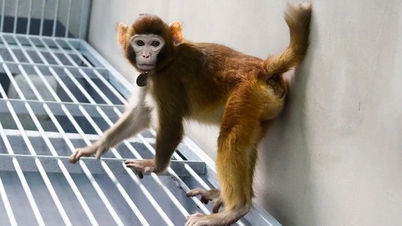

















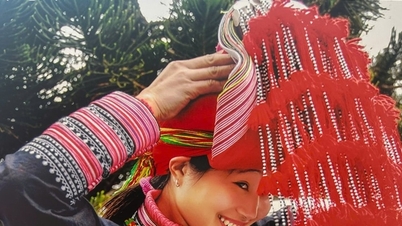



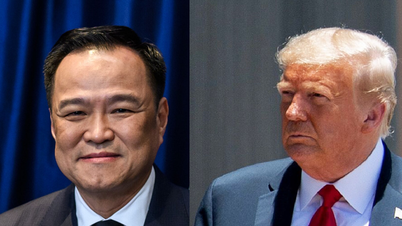
























































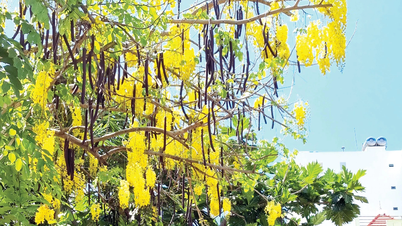


















Comment (0)